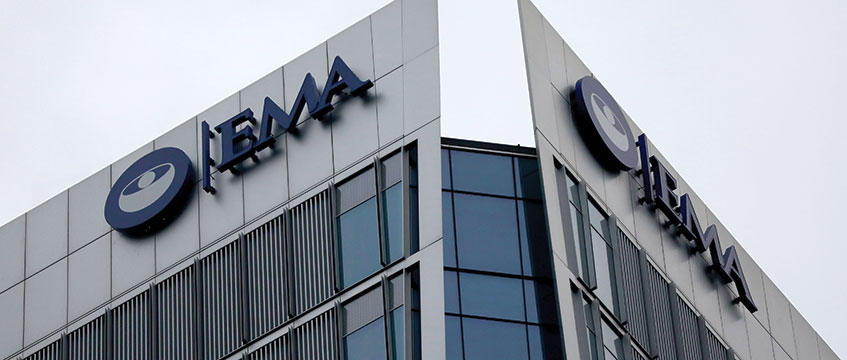The European Medicines Agency will get a second chance to argue that Brexit really is a frustrating event, after the judge who last week ruled against it on its property dispute with Canary Wharf Group granted it permission to appeal.
Mr Justice Marcus Smith ruled today that the case had “significant ramifications” and that an appeal could “have a real prospect of success”. The case will now be sent to the Court of Appeal for further consideration.
Landlord Canary Wharf had asked the judge to decide whether Brexit triggers the rarely used legal doctrine of “frustration” in the case of the EMA and its £13m-a-year lease of premises at Churchill Place, E14. The lease runs until 2039 with no break clause.
If he had agreed that it did, the EMA would have been able to walk away from the property after Brexit without any more paying rent. However, on February 20, following a nine-day trial, the judge ruled that this was not a case of legal frustration.
This leaves the EMA facing the prospect of having to sublet the building and act as a commercial landlord for the next 20 years.
During a hearing today, Smith J said that, although he had ruled in favour of Canary Wharf, the case was not as clear-cut as it might seem.
“It took me nine-and-a-half days and 99 pages to reach a decision,” he said.
The case, he said, had “important ramifications” for the interpretation of the law on frustration. Also, he said that he accepted the possibility that a higher court might not agree with his ruling.
Today’s hearing also covered the legal costs of the case. According to a costs schedule, Canary Wharf, represented by solicitors Clifford Chance, has already run up a legal bill of just over £2m, while the EMA, represented by law firm DLA Piper, has a legal bill of of £1.2m.








